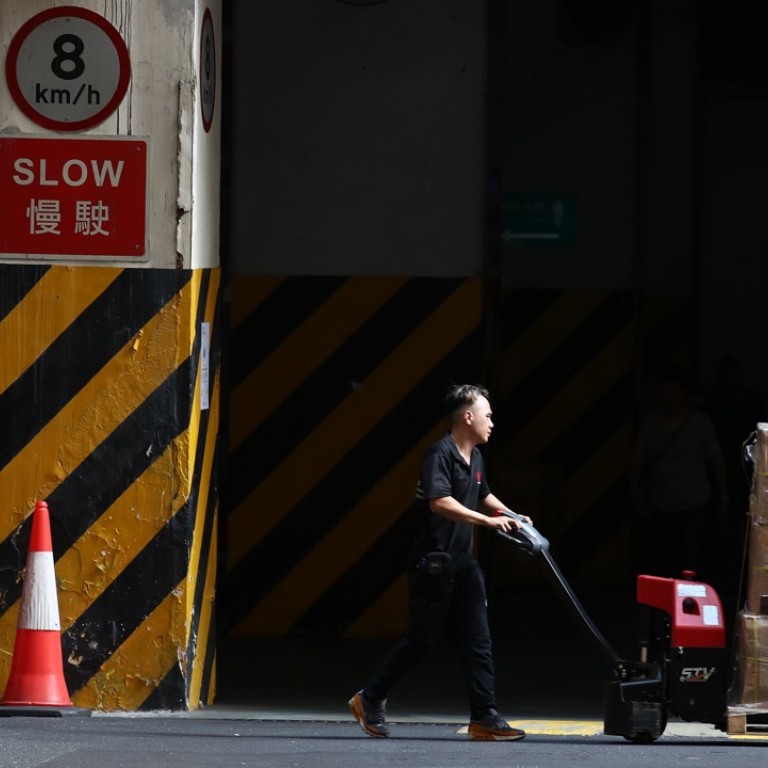
Letdown for overworked Hongkongers, as government ditches standard hours plan
Union figures brand administration's alternative approach – a set of guidelines for low-paying industries – a ‘betrayal’
Hong Kong has ended two decades of efforts to find a consensus on standardising working hours by deciding not to force bosses to pay overtime wages to low-income workers, settling for guidelines instead.
Outraged union figures branded the government’s solution a “betrayal” and a “toothless tiger” after members of the Labour Advisory Board said they had received an official policy document this week informing them of the decision.
“It was stated in the policy document that the working hours proposal lacks support from society,” board member and unionist Tang Ka-piu said on Wednesday. “The government has sided with the business sector.”
The government has sided with the business sector
The decision is a huge letdown to Hongkongers constantly working overtime without compensation – a 2015 survey by banking giant UBS found the city’s residents worked more than 50 hours a week on average, the highest among 71 jurisdictions it studied.
That would have cost employers HK$524 million a year and benefited an estimated 550,000 part-time and full-time workers.
Even back then, unionists accused Leung of breaking an election promise to settle the issue. They were upset that he was not offering a fixed threshold for working hours above which employees would be entitled to overtime pay.
Workers were also worried that employers would set a high threshold to avoid having to pay them for overtime. They slammed the government for allowing employers to negotiate overtime rates with staff.
Unions have long demanded working hours be standardised at 40 to 44 hours a week, regardless of how much employees are paid. They want workers to receive an amount 1.5 times their regular rate for every extra hour on the job.
According to Tang, who attended a board meeting chaired by Commissioner for Labour Carlson Chan Ka-shun on Wednesday, the administration will drop the previous government’s commitment to legislate but keep its proposal to issue guidelines to 11 industries by 2020.
The guidelines, covering workers such as cleaners, carers for the elderly, and caterers, will suggest how much workers in specific industries should be paid for overtime. They will be set by working groups comprising officials and representatives from the business and labour sectors.

Three years after the guidelines are issued, officials will conduct a review on their effectiveness.
Tang was outraged that the officials at the meeting refused to commit to looking at standardising working hours for everyone during the review.
The government would also conduct surveys to look at working hours in Hong Kong, Tang added.
The unionist had been against the previous government’s working hours proposal because it only covered low-income workers and would “rationalise” the lack of protection for other professionals such as teachers and accountants, who work long hours.
Another board member, Jimmy Kwok Chun-wah, who represents the business sector, said he wanted to give the guidelines a chance first.
Asked if employers would follow them, Kwok replied: “If it helps improve relations between workers and their bosses, I believe employers will try to follow the guidelines.”
Hong Kong Women Workers’ Association director Wu Mei-lin described the guidelines as “a toothless tiger”.
“It is equal to doing nothing,” Wu said, accusing the government of moving backwards in protecting labour rights, and insisting working hours should be standardised for all.
Yu Mei-wan, vice-chairwoman of the Buildings Management and Security Workers General Union, said the guidelines would not help improve labour rights.
Yu, who works as a security guard at a shopping centre, noted there were guidelines already in place stating that holders of security personnel permits should not be working more than 12 hours a day. She questioned the need for another set of guidelines.


